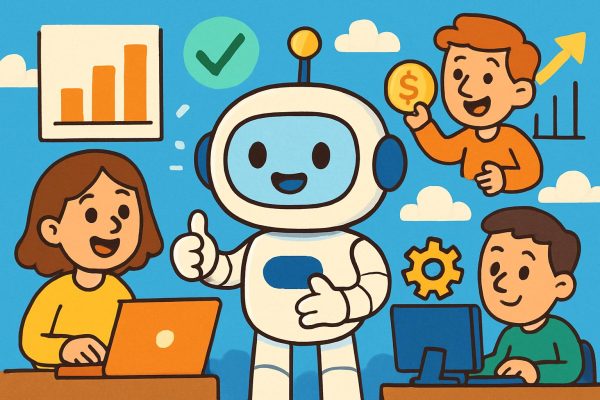As technology reshapes the job market, some roles evolve while others fade. Skills tied to humanity—like empathy and adaptability—stand out as essential. But what happens when machines take over analysis and manufacturing, leaving service and care work at the forefront? How do workers and policies adapt to this shifting reality?
In How future workers will adapt as advancements reshape jobs, Robert Reich explains how shifts in automation are redefining our approach to work. He categorizes employment into three main types: creating, processing information, and service or care-oriented roles. Each area faces different challenges and opportunities as automation and technology continue to change.
Key Themes in the Changing Workforce
What Jobs Are Affected
Industries focused on manufacturing or producing physical goods rely heavily on automation, reducing the demand for human roles here. For jobs centered around analysis or knowledge-processing, such as data interpretation or decision-making, advances in technology will continue to reduce reliance on manual effort. Interestingly, caregiving and service-based jobs show a particular resilience. These types of work emphasize human connection, making them less susceptible to large-scale automation.
Skills That Matter for the Future
While many technical skills may become outmoded, key attributes such as empathy, adaptability, and the ability to quickly learn remain critical. People will need to focus more on understanding human behavior and needs rather than adhering to rigid career steps. These broad abilities create more room for roles that combine emotional intelligence with problem-solving.
What This Means for Policies and Society
The issue of fair compensation in people-oriented fields, like caregiving, remains a potential concern. Reich suggests policies such as universal basic income (UBI) might help ensure financial stability for roles that society increasingly depends upon, but don’t necessarily offer better pay.
Lessons from Today’s Youth
Young workers demonstrate adaptability, emotional awareness, and pragmatism. They are already adjusting to a world in transition. Their ability to remain flexible and see opportunities where others might see challenges positions this generation well for the future of work.
Shaping Meaningful Careers in a Changing Environment
In the end, focusing on human elements—like empathy and creativity—will be key. Workers of tomorrow should prepare by developing flexible skills and considering new career paths. As caregiving roles grow in importance, and information roles continue to shift, leaning into adaptability will make all the difference. Supporting policies that provide stability will also play a critical role in navigating these transitions.
—
You can read the original article here.
Image Credit: GPT Image 1 / Vaporwave.
Make your own custom style AI image with lots of cool settings!
—
I consult with clients on generative AI-infused branding, web design, and digital marketing to help them generate leads, boost sales, increase efficiency & spark creativity.
Feel free to get in touch or book a call.




